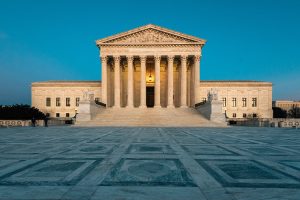
You may have heard that the Supreme Court has agreed to take up an interesting Fourth Amendment case. Chatrie v. United States will examine whether the execution of a geofence…
By Jim Harper | February 11, 2026

Well-intentioned but costly climate mitigation policies risk deepening the challenges faced by the world’s poor.
By Roger Pielke Jr. | February 10, 2026

A federal judge’s December ruling in NetChoice v. Griffin bars Arkansas from enforcing part of a new law that restricts the First Amendment rights of both social media users and…
By Clay Calvert | February 10, 2026

Thirty years later, there is still much to learn from our experiences with the Telecommunications Act of 1996. That is the focus of our AEI event of February 10, 2026,…
By Mark Jamison | February 9, 2026

Australian regulations may be stricter with social media, but they lag, not lead, most American initiatives.
By Bronwyn Howell | February 6, 2026
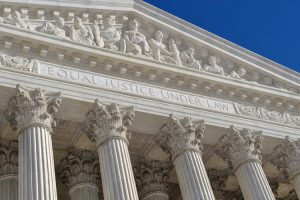
Whether the Seventh Amendment permits an agency to determine liability and impose punitive sanctions itself, so long as a jury trial may occur later—if the government chooses to pursue one.…
By Daniel Lyons | February 5, 2026

Framing today’s social media addiction cases in terms of prior lawsuits targeting tobacco companies for selling cigarettes is flawed for several important reasons that collectively suggest why Meta (Instagram) and…
By Shane Tews | February 4, 2026
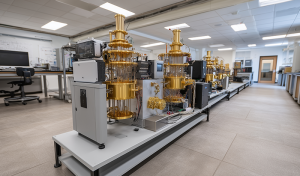
Quantum computing has occupied a peculiar place in the policy imagination: perpetually imminent, strategically important, and operationally vague. It has been featured in national strategies and long-range forecasts yet has…
By Shane Tews | February 3, 2026
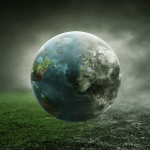
How the influential 2006 Stern Review conjured up escalating future disaster losses
By Roger Pielke Jr. | February 2, 2026
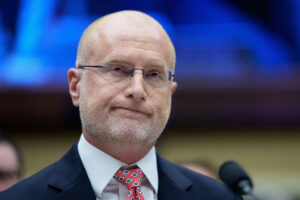
In a media ecosystem no longer defined by scarcity, Carr’s revival of the Equal Time Rule may say less about ensuring democratic fairness than about how long a broadcast-era solution…
By Daniel Lyons | January 28, 2026

Following the US Supreme Court’s 2024 rulings in the jawboning cases of Murthy v. Missouri and National Rifle Association of America v. Vullo, it was a matter of when—not if—another…
By Clay Calvert | January 27, 2026

People would have a due process right to contest seizures of their data when government agents do not use a warrant. Whether people get such rights ultimately depends on whether…
By Jim Harper | January 27, 2026
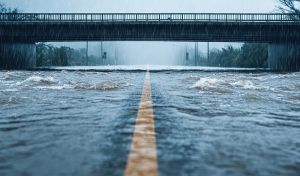
The world currently has 8.2 billion people and a global economy approaching $120 trillion. The world also routinely experiences extreme weather events like tropical cyclones, floods, and tornadoes. [1] Given these facts,…
By Roger Pielke Jr. | January 26, 2026

At Davos this week, Demis Hassabis, the CEO of Google DeepMind, gave a standout talk about the path he believes AI will take in the coming years. While he thinks…
By Will Rinehart | January 23, 2026
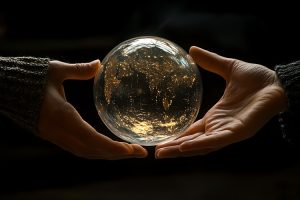
Today I share my January column for Dispatch Energy. In it, I identify some important, but deeply buried, assumptions in the International Energy Agency’s (IEA ) most recent World Energy Outlook…
By Roger Pielke Jr. | January 22, 2026